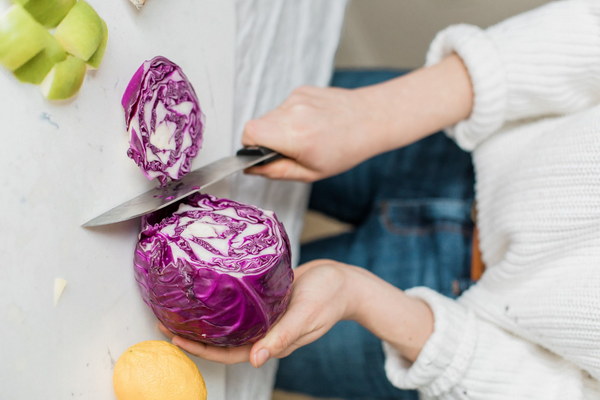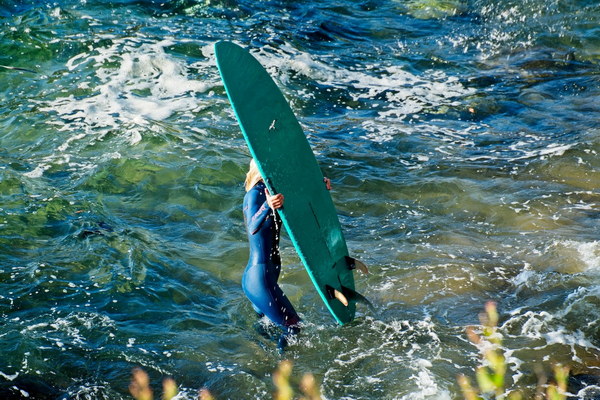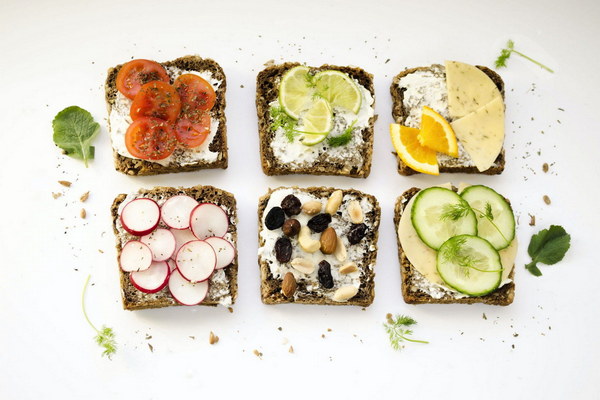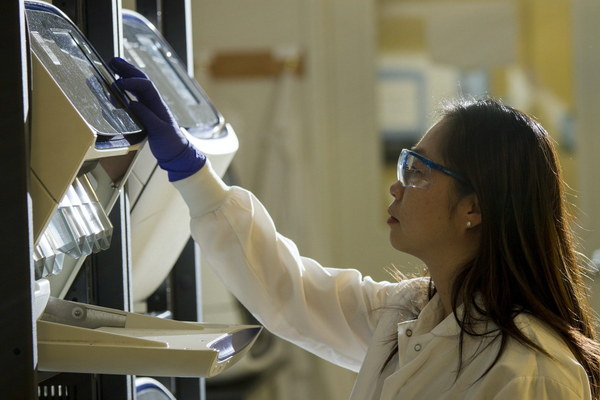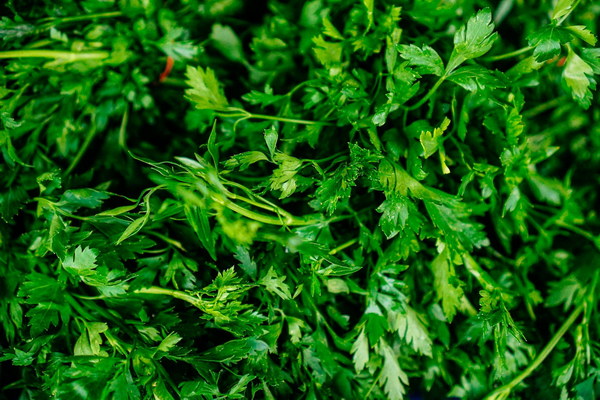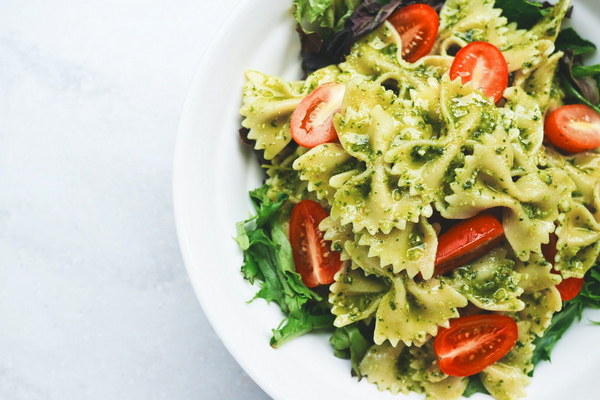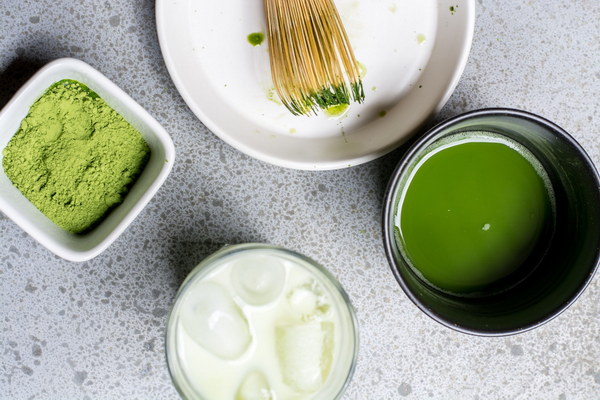Nourishing Your Way to Healing A Dietary Guide for Knee Rupture Recovery
Knee ruptures can be a significant setback, both physically and emotionally. The road to recovery often involves a combination of physical therapy, medical treatment, and proper nutrition. When it comes to healing a knee rupture, what you put into your body can play a crucial role in the speed and effectiveness of your recovery. Here’s a comprehensive guide to the best dietary strategies to support knee rupture recovery.
1. Protein for Muscle Repair
Protein is the building block of muscles, and adequate protein intake is essential for repairing and strengthening the muscles around the knee. Include high-quality protein sources in your diet such as lean meats, poultry, fish, eggs, dairy products, legumes, and plant-based options like tofu and tempeh.
- Daily Intake: Aim for about 0.8 to 1.0 grams of protein per kilogram of body weight per day. This can be adjusted based on the severity of the injury and the level of physical activity.
2. Omega-3 Fatty Acids for Inflammation Reduction
Inflammation is a natural response to injury, but chronic inflammation can hinder the healing process. Omega-3 fatty acids, found in foods like fatty fish (salmon, mackerel, sardines), flaxseeds, chia seeds, walnuts, and hemp seeds, have anti-inflammatory properties that can help reduce swelling and pain.
- Weekly Intake: Incorporate fatty fish into your diet at least twice a week, or consider omega-3 supplements after consulting with a healthcare professional.
3. Vitamin C for Collagen Synthesis
Collagen is a protein that provides structure to connective tissues, including tendons and ligaments. Vitamin C is crucial for the synthesis of collagen, making it vital for healing knee ruptures.
- Daily Intake: Aim for about 75 to 90 milligrams per day for women and 90 to 125 milligrams per day for men. Citrus fruits, berries, kiwi, bell peppers, and leafy greens are excellent sources of vitamin C.
4. Vitamin D for Bone Health

Vitamin D is essential for calcium absorption and bone health, which is important for the healing of fractures or bone injuries associated with knee ruptures.
- Daily Intake: The recommended daily allowance (RDA) for adults is 600 to 800 international units (IUs). Sunlight is a primary source of vitamin D, but it can also be obtained through fortified foods and supplements.
5. Calcium for Strong Bones
Calcium works with vitamin D to strengthen bones and promote healing. Good dietary sources of calcium include dairy products, leafy greens, almonds, and fortified plant-based milk.
- Daily Intake: The RDA for calcium is 1000 to 1200 milligrams per day for adults, depending on age and gender.
6. Antioxidants for Tissue Repair
Antioxidants help protect cells from damage caused by free radicals, which can slow down the healing process. Berries, nuts, seeds, and dark chocolate are rich in antioxidants.
7. Hydration
Proper hydration is essential for overall health and can aid in the healing process. Water helps transport nutrients to damaged tissues and aids in the removal of waste products.
- Daily Intake: Aim for at least 8 glasses of water a day, or more if you are engaging in physical therapy or exercise.
8. Moderate Intake of Anti-Inflammatory Foods
Certain foods have natural anti-inflammatory properties that can help reduce pain and swelling. These include ginger, turmeric, and tart cherries.
9. Avoiding Certain Foods
It’s also important to be aware of certain foods that can exacerbate inflammation and pain. These include high-fat dairy products, red meat, processed foods, and sugary snacks.
By incorporating these dietary strategies into your daily routine, you can support your body's natural healing process after a knee rupture. Remember to consult with a healthcare professional before making significant changes to your diet, especially if you have specific dietary restrictions or health conditions. With the right nutrition, you can aid your recovery and get back on your feet more quickly.
